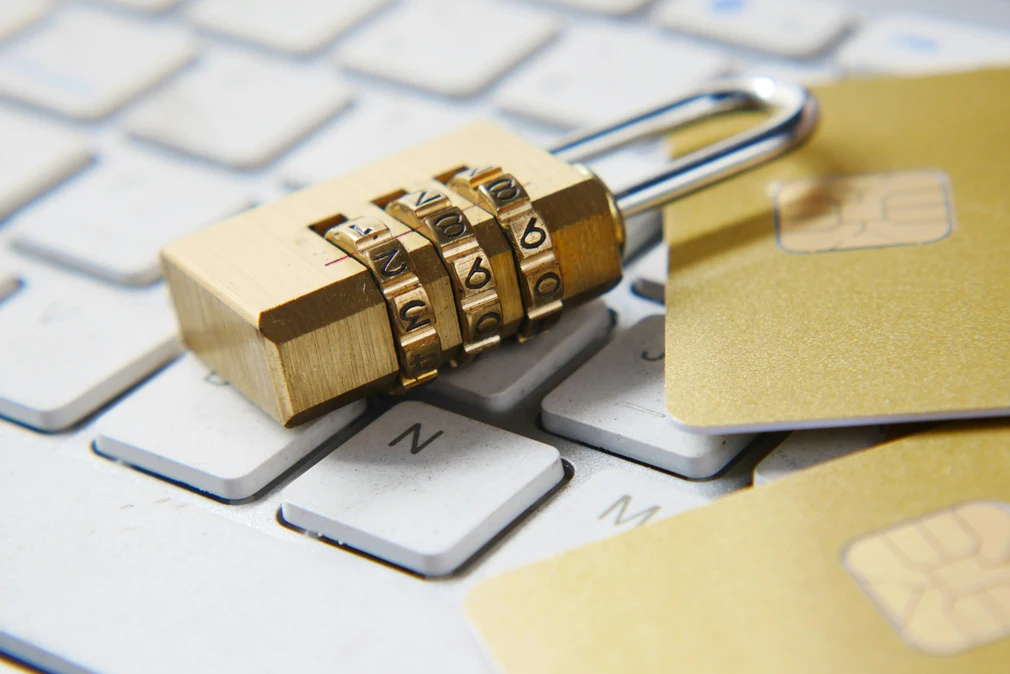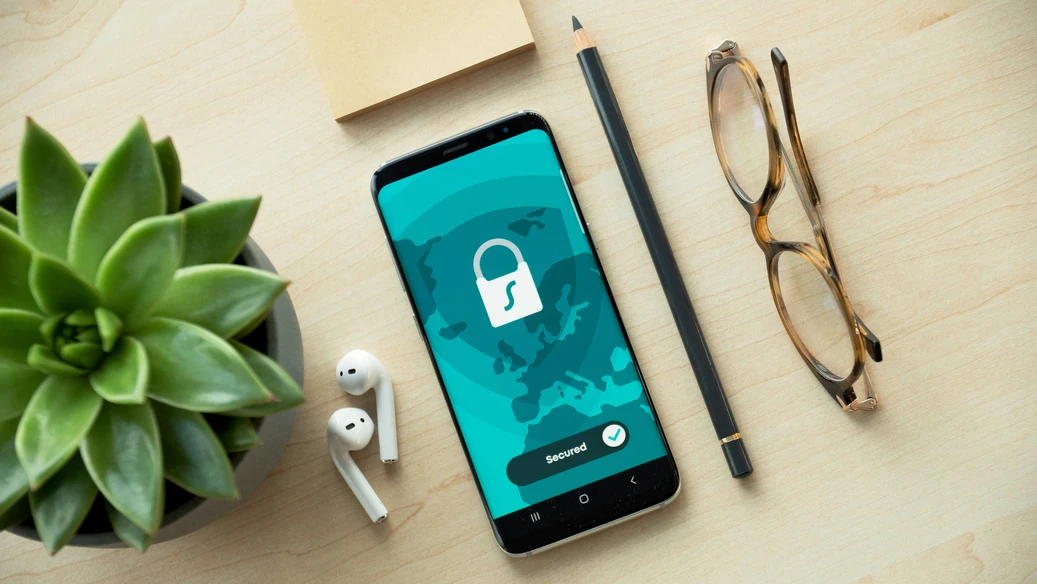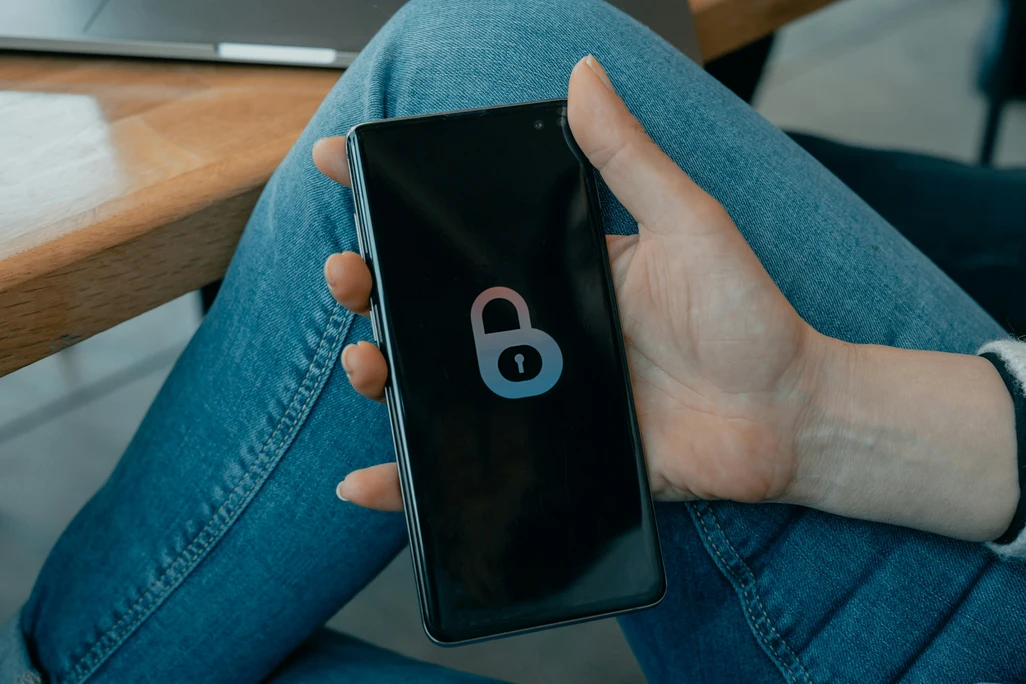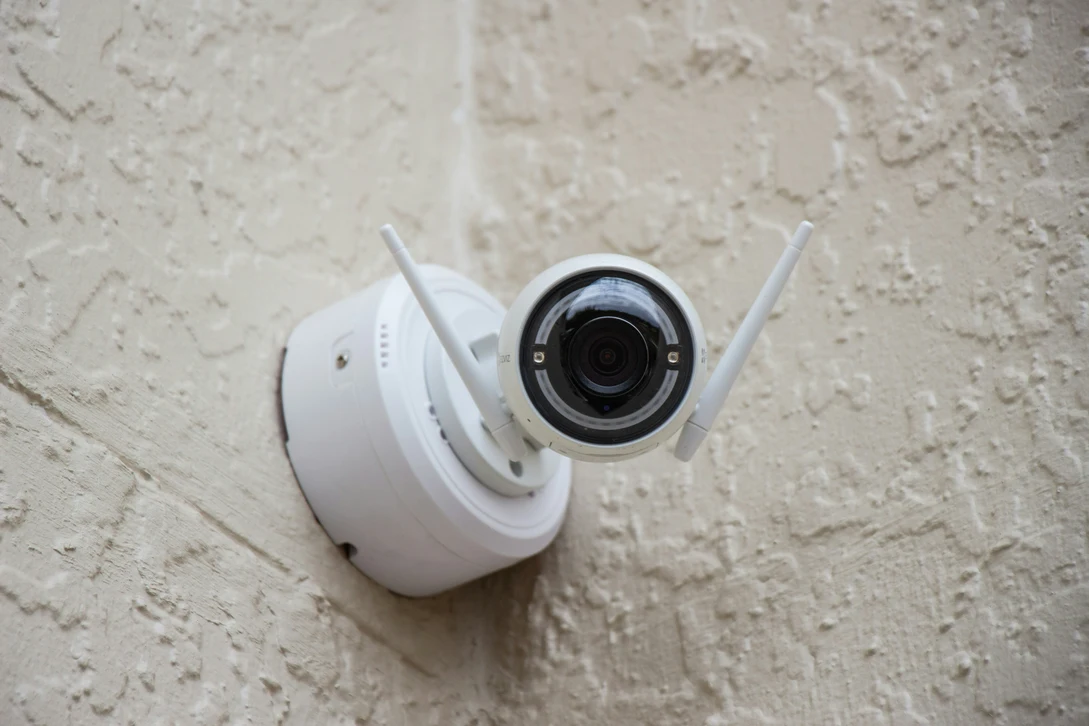What if your devices could predict a data breach before a hacker even tried?
In 2025, AI Privacy Guardians are revolutionizing digital safety by proactively defending your identity, not just reacting to attacks. These intelligent agents use predictive analytics, behavior modeling, and federated learning to forecast cyber threats and neutralize them — all before your personal data ever leaves your control.
In a world of constant connectivity, the most powerful form of privacy is prevention.

What Are AI Privacy Guardians?
AI Privacy Guardians are autonomous security systems that monitor behavioral patterns, network signals, and contextual risk factors in real time.
Instead of waiting for antivirus alerts, these systems predict vulnerability by understanding how you interact — spotting subtle anomalies in your digital rhythm long before a threat appears.
They don’t just protect your passwords.
They protect your digital identity’s behavior.
How AI Privacy Guardians Work
- Behavioral Baseline Mapping: The AI learns your device habits — login times, locations, tone of communication.
- Predictive Threat Modeling: Uses global cyber intelligence data to detect patterns leading to future breaches.
- Federated Learning: Models share knowledge without sharing personal data, maintaining full anonymity.
- Adaptive Defense Response: Instantly isolates risky connections or apps showing unusual access patterns.
- Autonomous Communication: Notifies you calmly, with context — no panic, no false alarms.
Security evolves from surveillance to safeguarding without intrusion.
Why AI Privacy Guardians Matter
- Proactive Protection: Stops breaches before they happen — defense that predicts, not reacts.
- Zero-Trust Reinvented: Every connection verified in milliseconds without invading privacy.
- Digital Dignity: Empowers users to retain ownership of their personal data and behavior patterns.
- Psychological Ease: Peace of mind knowing protection happens invisibly, without micromanagement.
- Collective Resilience: Shared AI knowledge builds stronger community-level cyber immunity.
Your privacy no longer depends on passwords — it depends on prediction.

Real-World Innovators in 2025
- Apple Enclave Shield: Predicts and quarantines malicious iOS app behavior using on-device intelligence.
- Microsoft PrivacyPilot: Real-time monitoring of cloud access anomalies powered by predictive AI modeling.
- DeepMind Sentinel: Autonomous identity guardian that learns emotional tone patterns in phishing prevention.
- Cloudflare Zero-Trace: Decentralized predictive firewalls training on anonymous traffic data.
- Samsung Vault AI: Edge-processed mobile privacy network ensuring zero external exposure.
The most powerful cybersecurity isn’t loud — it’s quietly self-aware.
The Psychology of Trust in Digital Protection
Human trust is built on predictability and empathy.
AI Privacy Guardians combine both — by acting before harm, they align with our psychological need for control and safety.
Research from the Oxford Digital Ethics Center (2025) shows that predictive security reduces user anxiety by 48%, and increases confidence in digital autonomy by 62%.
When technology protects without invading, privacy becomes empowerment.
Ethics & Accountability
- Transparency: Users must understand how AI predicts risk without accessing content.
- Human Oversight: Predictive systems should always allow manual verification and opt-out options.
- Bias Elimination: AI models must train across global datasets to avoid discrimination.
- Right to Forget: Systems must support deletion of stored behavioral baselines.
The future of privacy must be intelligent — but never invisible.
The Future: Predictive Autonomy Networks
By 2028, experts predict a Global Privacy Mesh — decentralized AI guardians communicating across devices, regions, and identities to maintain real-time trust equilibrium.
Every citizen could have a personal AI sentinel protecting their data across home, work, and travel.
Privacy will become not a right to hide — but a right to be anticipated.

FAQs & Key Takeaways
Q1: Can AI really predict a cyberattack?
Yes — with pattern learning, predictive AI detects early signals weeks before exploitation.
Q2: Does it access personal messages or files?
No — AI Privacy Guardians monitor system behavior, not content.
Q3: Can small businesses use it?
Yes — modular AI guardians are available through cloud-based models.
Q4: What’s the biggest advantage?
Emotional peace — safety that happens before danger feels real.
Key Takeaways
AI Privacy Guardians redefine protection as prevention.
By learning user behavior, they anticipate risks before exposure.
The safest system is one that protects you without watching you.
As privacy becomes the last luxury, AI is learning to guard it with empathy and foresight.
Would you trust an AI guardian to predict your risks before they happen?
Share your thoughts below — your story might inspire our next exploration into AI and ethical autonomy.
Explore more groundbreaking innovations at Designs24hr.com — where safety and intelligence evolve together.
#Designs24hr #SecureLiving #AIPrivacy #AIGuardians #SmartLiving #AITrends2025 #AIandDesign #PredictiveAI #DataProtection #AIInnovation #TechLife #PrivacyByDesign #AITrust #CyberSecurityAI #AdaptiveSecurity #AIEthics #SmartTechnology #DesignTrends2025 #DigitalWellness #AIProtection







